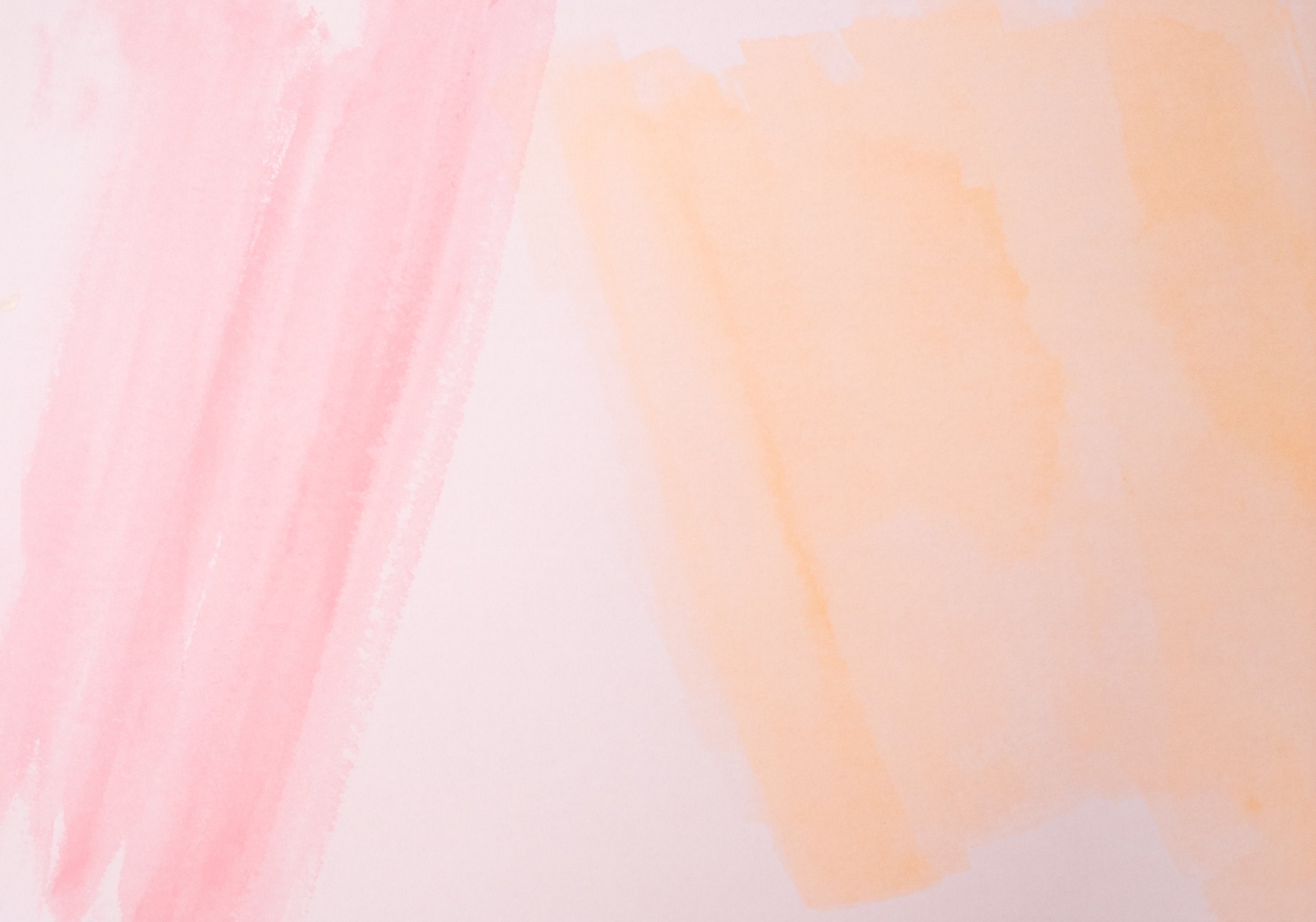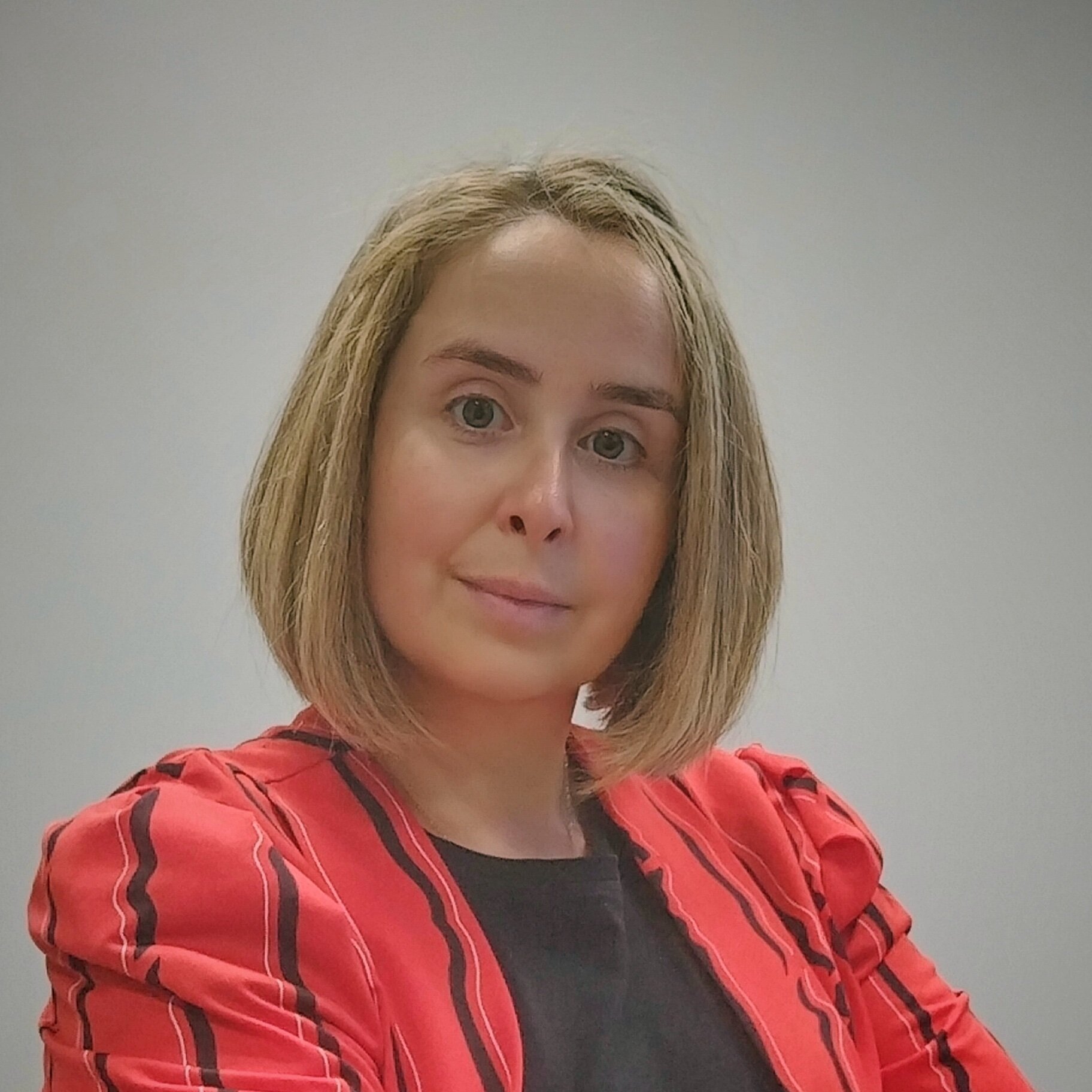
About the European Patent Attorney profession
INTERVIEW
Chiara Mauriello Jimenez
Country: Spain
Company size: 100+
Experience: 5-10 years
Type of work: In-house
How did you learn about the Patent Attorney profession and what inspired you to become a (European) Patent Attorney?
I first learned about the patent attorney profession during my PhD. We protected one of our inventions through a European patent application and I helped the patent attorneys to draft the specification.
I started to check websites about patents (EPO, the CEIPI, etc), and I asked a patent firm to become a trainee for almost 2 months in order to check if I would like to change a job in a laboratory to a job in an office.
I knew that having a PhD was a plus in this career and it is a profession that the more years of experience you have, the more valuable you are. It is a profession that allows you to have economic stability and to continue learning all day.
Most people know that Patent Attorneys help clients obtain a patent. However, what other tasks are you responsible for?
Together with our IP team, we manage tasks related with patent prosecution, but we also work together with the R&D, business and legal departments. Moreover, we work closely together with the R&D scientists to understand what innovations they are making in the laboratory, and we review all future communications of the company to check there is no new subject to be protected.
What does the team structure at your workplace look like?
The IP department has one department manager, 2 European Patent Attorneys including myself, and 1 paralegal and we are part of the R&D department. Every patent attorney manages the portfolio related to one or more products of the company.
What does your average workday look like?
There is no day equal to others! It is for this reason that I really like being an in-house attorney. If I could resume, I would say that I start with prosecution work which involves deadlines in many different countries, or drafting new applications. Then, I have meetings with other departments, talk with the researchers of the company, have meetings with the patent firms that help us around the world, and discuss with the team about the IP strategy of the complete portfolio.
What would a dream workday as a (European) Patent Attorney look like for you?
Being all day with the scientists of our brilliant R&D department. It is fascinating to discuss and learn from them.
What is the most exciting aspect of being a (European) Patent Attorney for you?
It is the combination of learning new scientific matters and inventions and giving the IP legal expertise to help the company making decisions.
What are your least favourite tasks?
Being honest, drafting applications. I prefer tasks related to the interaction between departments.
Does your job allow you to have time for your hobbies? Do you have any side projects related to patents?
Yes, of course. We have a high workload like in other companies at some months of the year, but emergency situations requiring a lot of overtime are rare. I can maintain a good balance between work and my personal life (after passing the EQE examination, of course).
If you could start your career over, would you change anything?
Not at all. From my experience as a researcher, I have learned how to communicate with other researchers in many different fields and my different experiences in patents, I have learned the importance of the protection of inventions through intellectual property rights for a business or for obtaining a new funding. I really love my job.
If the Patent Attorney profession suddenly disappeared tomorrow, what else would you do?
I would like to create a course related to innovation and protection through IP for PhD students and researchers from the University where I studied chemistry in Madrid. They are the future of research.
What advice would you give someone that wants to become a European Patent Attorney?
To talk with IP professionals through LinkedIn and read different blogs. Explore the many different aspects and variants of our profession: you can work in private practice, in a public transfer technology office, as an inhouse attorney, freelance. All of them are different.
What do you think about the future outlook of our profession?
It is clear that our profession will evolve with the AI tools. They will help us in part of our prosecution job like drafting patent applications or patentability studies. However, I think that other tasks such as proposing an IP strategy or concluding business agreements will still be dependent on our own knowledge.

